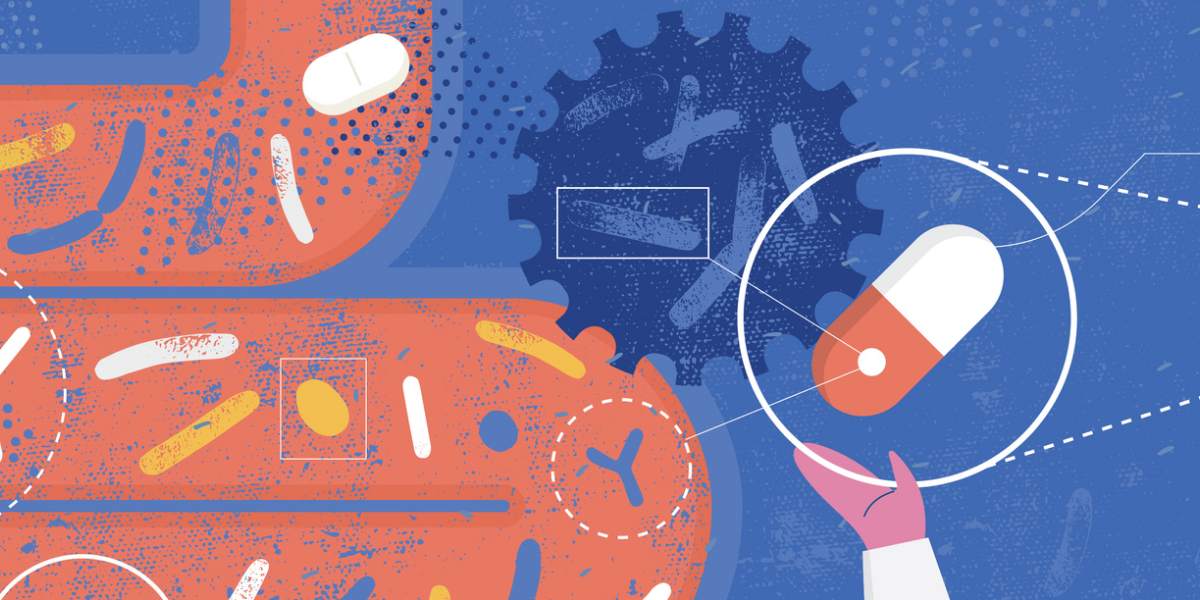Testosterone is a steroid hormone and is frequently referred to as the male sex hormone as men have significantly higher levels of the hormone than women.
Research has shown a significant link exists between low levels of testosterone and type 2 diabetes in men whilst showing associations between high testosterone levels in women with type 2 diabetes.
What is the functional role of testosterone?
Testosterone is in a family of steroid hormones known as androgens.
Testosterone in males is important for the development of masculine features including the male genitals and other male characteristics including facial hair, deepening of the voice and muscle development.
In females, testosterone is associated with maintaining libido after the menopause and women with significantly high levels of testosterone may experience irregular periods and increased body hair and muscle mass.
Testosterone also plays an important part in other functions of the body including how fat is deposited on the body, the maintenance of bone mineral density, regulating metabolism, maintaining libido
How is testosterone linked with diabetes?
Testosterone has been shown to influence how our body deposits fat. Body fat can be stored either as subcutaneous fat, that is fat is stored just underneath the skin or as visceral fat, which is stored around the abdominal organs.
Visceral fat has been shown to be closely associated with increased risks of type 2 diabetes as well as heart disease, Alzheimer’s disease and cancer.
Research has shown that low testosterone levels in men are linked with increased deposition of visceral fat, leading to insulin resistance and type 2 diabetes.
Conversely, it is higher than normal levels of testosterone that is linked with increased visceral fat storage in women.
Whilst research has shown links between testosterone and insulin resistance, researchers still need to unravel more about the part which testosterone levels play in the development of type 2 diabetes.
Low testosterone in men with diabetes
Low levels of testosterone in men have been shown to lead to increased storage of this more dangerous form of fat and greater incidence of insulin resistance and type 2 diabetes.
The NHS records that around 1 in 6 men with type 2 diabetes also have low levels of testosterone, which can lead to decreased libido and motivation, loss of muscle mass and increased body fat around the waist.
- Read more about low testosterone in men
Testosterone levels in women with diabetes
Testosterone levels in women with type 2 diabetes show a different pattern than in men, with higher than normal levels of testosterone in women being more commonly associated with insulin resistance and type 2 diabetes.
Women with a condition called PCOS (polycystic ovaries syndrome) have high levels of testosterone and are at significantly higher risk of developing type 2 diabetes.
How can I help maintain normal testosterone levels?
There are a number of natural ways which can help to promote or maintain normal levels of testosterone.
High intensity exercise and strength training have been shown to increase levels of testosterone as well as being beneficial towards insulin sensitivity.
Low levels of vitamin D have been associated with lower levels of testosterone and studies on rodents have found vitamin D supplementation to improve testosterone levels.
The stress hormone cortisol has been shown to block testosterone from taking effect.
Lowering stress has also been shown to be beneficial in people with diabetes.







